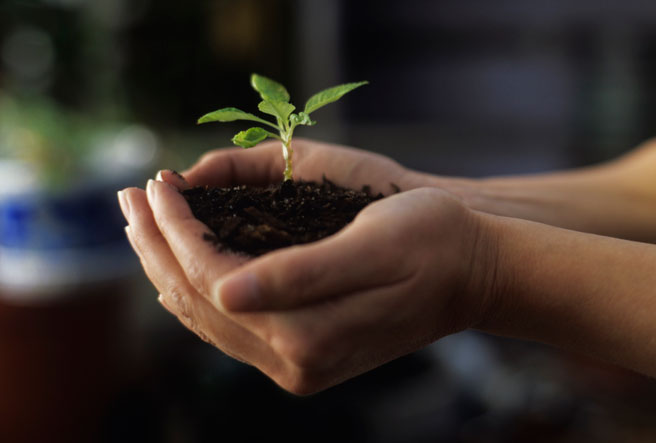Birth of a soul
It seems stupid, but thinking of death does give me some comfort, says David Servan-Schreiber

Daniel is getting ready to die. He is 32 years old. Like me, he is a doctor. For months his body has been attacked by a lymphoma that came out of nowhere. He often comes to me to talk. He says that he wants to understand, that he wants to remain fully conscious, even in the face of fear, even when he finds himself staring into the void.
I listen to him because, in truth, he understands more than I do. ‘The first thing that helped me was to wake up one morning and realise that I wasn’t the only one,' he says. 'Even though I’m so young, I understood immediately that we all share the same fate. You’re going to die, too. It seems stupid, but thinking of that does give me some sort of comfort. Because of that shared destiny, I’m still intensely human, still linked to all of you, and to our ancestors and our descendants. I still have my membership card.’
In his dreams, Daniel is constantly pursued by vampires: a clear symbol of the death that haunts him. But one day his dreams change. The vampires catch up with him; they sink their nails and teeth into his flesh. Daniel screams and wakes up sweating. This, he had not reckoned with. ‘Now, I’m not only afraid of dying, I’m afraid of suffering,’ he says.
He does not feel comforted until we work out a detailed plan, designed to prevent pain and including measures to end his life, if necessary. Then another dream comes to him. ‘It’s the end of the world,' he says. 'I’m shut inside a covered stadium. There are a few friends around from my twenties, and there’s a massive crowd around us. We know there are only a few hours left; perhaps one night. Some are making love to anyone they can find. Others are committing suicide or killing each other. The wait is unbearable. I’ve never been so afraid. It’s much worse than the idea of my own death. And yet this dream has changed everything. Yes, I’m going to die, but it’s not the end of the world.’
Daniel is a life-long atheist, and yet he is still troubled. He had always believed that the extinction of his own consciousness would bring the end of the world. ‘What does it matter if the world outlives me? Why this unexpected feeling of reassurance?’ And he discovers what he will later call his ‘soul’.
Daniel becomes aware of the importance of his thoughts and words, and the value of making gestures of love towards others — and towards the Earth itself. ‘Soon, I shall be the wind and the water and the sun. But, most of all, I’ll live on in the man whose mother I took care of, or whose child I healed. See, that’s my soul. What I’ve made of myself: I, who already exist everywhere and who will exist forever.’
One morning there’s a message on my desk, a printout from the hospital computer: ‘Daniel M: CTB (Ceased to breathe).’ And yet I wonder whether, in fact, he has only just begun.








